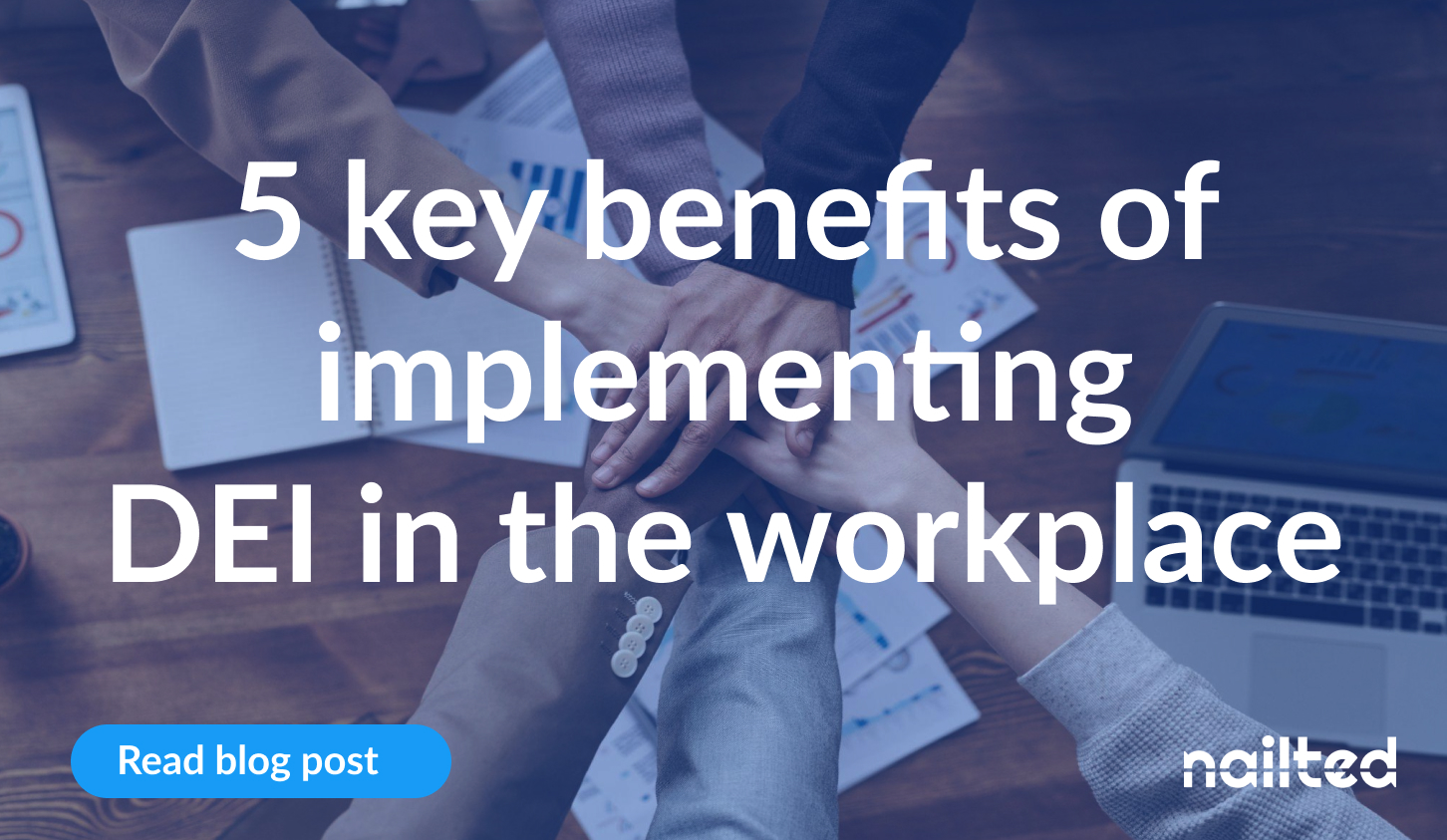The Benefits of Diversity, Equity, and Inclusion (DEI) in the Workplace
At [Your Company Name], we understand the immense value that Diversity, Equity, and Inclusion (DEI) bring to the workplace. In today’s globalized and interconnected world, fostering a diverse and inclusive environment is not just a moral imperative, but also a strategic business decision. In this article, we will explore the numerous benefits of DEI in the workplace and how it can positively impact organizations.
Enhanced Innovation and Creativity
One of the key advantages of embracing DEI in the workplace is the enhanced innovation and creativity it fosters. When individuals from diverse backgrounds come together, they bring a wide range of perspectives, experiences, and ideas. This diversity of thought sparks creativity, encourages innovative problem-solving, and drives the development of groundbreaking solutions.
Improved Decision Making
Organizations that prioritize DEI benefit from improved decision-making processes. When teams are composed of individuals with different backgrounds, skills, and perspectives, they bring a variety of viewpoints to the table. This diversity of perspectives leads to more robust discussions, thorough analysis of options, and ultimately, better decision-making. By considering a wider range of viewpoints, organizations can avoid groupthink and make more informed choices.
Increased Employee Engagement and Satisfaction
Creating an inclusive workplace where employees feel valued and respected has a direct impact on their engagement and satisfaction levels. When employees feel that their voices are heard and that they have equal opportunities for growth and advancement, they are more likely to be engaged and committed to their work. This, in turn, leads to higher productivity, lower turnover rates, and a positive work environment.
Expanded Market Reach
Embracing DEI can also have a significant impact on a company’s market reach. By having a diverse workforce that reflects the customers they serve, organizations can better understand and meet the needs of a diverse customer base. This can result in increased customer loyalty, improved brand reputation, and a broader market reach. Additionally, diverse teams are often more adept at identifying market gaps and developing products or services that cater to specific customer segments.
Enhanced Problem-Solving Abilities
When teams consist of individuals with diverse backgrounds, experiences, and perspectives, they are better equipped to tackle complex problems. Different viewpoints and approaches to problem-solving can lead to more comprehensive and effective solutions. By fostering an inclusive environment where everyone’s ideas are valued, organizations can tap into the collective intelligence of their diverse workforce and overcome challenges more efficiently.

In conclusion, embracing Diversity, Equity, and Inclusion (DEI) in the workplace offers numerous benefits to organizations. From enhanced innovation and creativity to improved decision-making and expanded market reach, DEI fosters a positive and inclusive work environment that drives success. By valuing and leveraging the unique perspectives and experiences of every individual, organizations can unlock the full potential of their workforce and thrive in today’s diverse and dynamic business landscape.
Frequently Asked Questions
1. What is DEI?
DEI stands for Diversity, Equity, and Inclusion. It refers to creating a workplace environment where everyone feels valued, and respected, and has equal opportunities for growth and success.
2. How does DEI benefit the workplace?
DEI fosters a more inclusive and innovative work culture, improves employee morale and productivity, attracts top talent, reduces turnover, and enhances the organization’s reputation.
3. What are the key components of DEI?
The key components of DEI include diversity in terms of race, ethnicity, gender, age, sexual orientation, etc., equity in providing fair treatment and opportunities, and inclusion by creating a sense of belonging for all employees.
4. How does DEI contribute to employee engagement?
DEI promotes a sense of belonging and psychological safety, which leads to increased employee engagement. When employees feel valued and included, they are more likely to be motivated, committed, and contribute their best to the organization.
5. Can DEI improve problem-solving and decision-making?
Absolutely! DEI brings diverse perspectives, experiences, and ideas to the table, which enhances problem-solving and decision-making processes. Different viewpoints lead to more innovative and effective solutions.
6. Does DEI impact organizational performance?
Yes, DEI positively impacts organizational performance. Research shows that diverse and inclusive workplaces outperform their competitors, have higher financial returns, and are better equipped to adapt to changing market dynamics.
7. How does DEI support talent acquisition and retention?
DEI attracts a wider pool of qualified candidates, as diverse individuals are more likely to apply to organizations with inclusive reputations. Furthermore, inclusive workplaces reduce turnover rates by creating an environment where employees feel valued and supported.
8. Can DEI help organizations build stronger relationships with customers?
Yes, DEI helps organizations build stronger relationships with customers. When a company values diversity and inclusion, it resonates with a diverse customer base, leading to increased customer loyalty and satisfaction.
9. What are some challenges in implementing DEI initiatives?
Challenges in implementing DEI initiatives include resistance from employees, lack of leadership commitment, unconscious bias, and the need for continuous education and training. However, these challenges can be overcome with proper planning and a long-term commitment to change.
10. How can organizations measure the effectiveness of their DEI efforts?
Organizations can measure the effectiveness of their DEI efforts by tracking diversity metrics, conducting employee surveys, analyzing retention rates, monitoring promotion rates across different demographics, and seeking feedback from employees through focus groups or anonymous reporting systems.




